News
Don’t stigmatise women with mental health challenge — DDP Ashong-Mettle

A Deputy Director of Prisons (DDP), Yayra Ashong-Mettle, is urging society to refrain from stigmatising women with mental health disorders.
Rather, such persons, she stressed, must be empowered and approach issues regarding such people with resilience.
DDP Ashong-Mettle, an Officer-In-Charge of the Senior Correctional Centre, gave the advice during an interaction with female officers at the Senior Correctional Centre in Accra last week,
Addressing both senior and junior female officers at the station, she noted that, mental health was a critical aspect of an individual’s overall well-being, but often overlooked in the society.
The Officer-In-Charge also disclosed that, mental health issues were often stigmatised and misunderstood in the society, simply due to cultural beliefs and lack of awareness.
She enumerated depression, stress, anxiety and Post-Traumatic Stress Disorder (PTSD), as some of the forms of mental health disorders officers’ deal with, adding that it was important to intensify awareness in order to help combat it.
Stigma to the aforementioned mental disorders, she emphasised, could often lead to social exclusion, loneliness and feeling of shame which could in the long-run worsen the issue.
She urged women in the society to collectively help in combating stigma related issues concerning female mental health disorders and also safeguard their mental well-being.
“Let us avoid the use of derogatory terms that perpetuates stigma to mental health, because it affects productivity at work and affects relationships”, the OIC expatiated.
Also, Dr Erica Dickson, a Clinical Psychologist at the 37 Military Hospital, urged officers and women to safeguard their mental well-being as a priority and galvanised them not to be overwhelmed with stress.
Dr Dickson again encouraged women to boldly come out from every mental disorder to seek psychological support from experts in order to have a productive life devoid of mental disorder.
Superintendent Dr Florence Djoeletoe, a Medical Doctor with the Ghana Prisons Service, who facilitated the programme with support from DSP Jessica Lartey and other officers, thrilled female officers with fun activities to climax the Gender Week Celebration marked by SCC.
Activities include basic makeup and baking tutorials coupled with an artistic “Sip and Paint” sessions to amuse officers as part of stress management.
Senior male officers who were specially invited were DDP Dr Adama Okai, the Chaplain General of the Ghana Prisons Service and Assistant Director of Prisons, Roland Suurbesig, Second-In-Command of the Senior Correctional Centre and ASP Enoch Kusi Boadum.
By Alfred Nii Arday Ankrah
News
‘Thousands of Ghanaian women suffering from Obstetric Fistula’
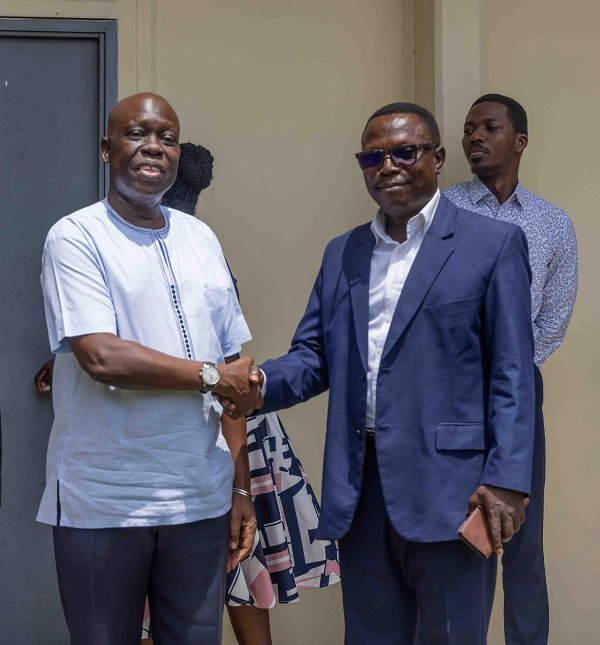
Thousands of Ghanaian women continue to suffer in silence from Obstetric Fistula (OF) due to inadequate access to surgical treatment, the United Nations Population Fund (UNFPA) has revealed.
Dr Wilfred Ochan, UNFPA’s Country Representative, disclosed that over the past decade, Ghana has accumulated a backlog of more than 12,000 untreated cases, despite recording an estimated 1,300 new cases each year.
He made the remarks during a visit to the New Times Corporation (NTC) in Accra to mark the International Day to End Obstetric Fistula (IDEOF).
“Only 1,000 repairs have been done in 10 years. That leaves thousands of women isolated, in pain, and excluded from society due to a condition that is both preventable and treatable,” Dr Ochan said.
He stressed the need for greater investment in surgical capacity, public awareness, and partnership, especially with the private sector— to accelerate Ghana’s efforts to eliminate the condition by 2030.
Obstetric Fistula results from prolonged or obstructed labour without timely medical care, causing a hole between the birth canal and bladder or rectum, leading to continuous leakage of urine or faeces. The consequences include stigma, chronic incontinence, and often, the death of the baby.
To help close the treatment gap, the UNFPA is working with health institutions including the Komfo Anokye and Cape Coast Teaching hospitals to scale up surgeries and outreach.
“We must not allow women to suffer lifelong trauma for simply trying to give life,” Dr Ochan urged.
The Managing Director, Mr Martin Adu-Owusu, pledged NTC’s support in raising public awareness and promoting maternal health initiatives.
“We are ready to collaborate with you to ensure that maternal deaths and issues affecting women come down to the barest minimum so that together we can achieve the UN goal to eliminating Obstetric Fistula by 2030,” he said
By Esinam Jemima Esinam
News
Inflated prices of Abaya, Jalabiya on Eid-al-Adha celebration
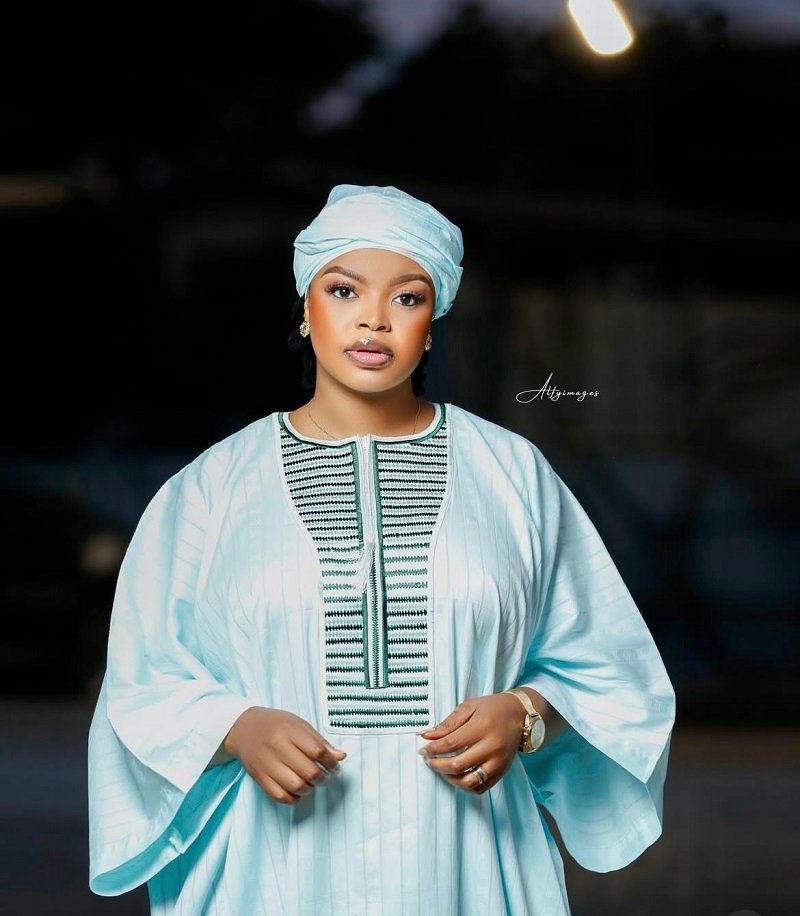
Muslims in Ghana and all over the world yesterday observed the Eid-al-Adha celebration.
It falls on the first day of Shawwal, the 10th month of the Islamic calendar and is celebrated by Muslims to mark the end of the month-long dawn-to-dusk fasting of Ramadan.
The build up to yesterday’s edition was characterised by a high demand for traditional Islamic attire here in Tamale, leading to a sharp rise in prices.
Checks by The Spectator from the various markets in the Tamale area revealed that prices for popular outfits like the Abaya, Jalabiya, and Kaftan have skyrocketed within the period.
Although there is no prescribed outfit for the celebration, many Muslims in Tamale traditionally choose modest and loose-fitting garments that reflect Islamic values.
Abayas and Jalabiyas often imported from Turkey, Dubai, Egypt, and Northern Nigeria have become particularly the most sought-after attires, resulting in the price hikes.
Currently, prices for men’s attire range from GH₵250 to GH₵800 while women’s outfits are selling from GH₵350 to GH₵1000.
Children’s garments are also not left out of the pricing craze. Bargaining for the youngsters starts from GH₵150.
Hajia Naila Abdul Karim, owner of ‘Cover with Style,’ confirmed a significant surge in sales in the holy month.
“Each day, more than 20 people, mostly women walk into the shop. We also send over 40 parcels daily to customers across the country,” she stated.
She attributed the price increases to the cedi’s depreciation and a recent shortage of Turkish imports, noting that most of her stock now comes from Dubai.
Hamdia Kamil, a loyal customer, shared her experience: “Two years ago, I bought an Abaya for GH₵350. This year, it’s GH₵650. I had no choice because it’s a special occasion and I want to feel good. Still, I hope the dresses are made affordable so others can also celebrate in style.”
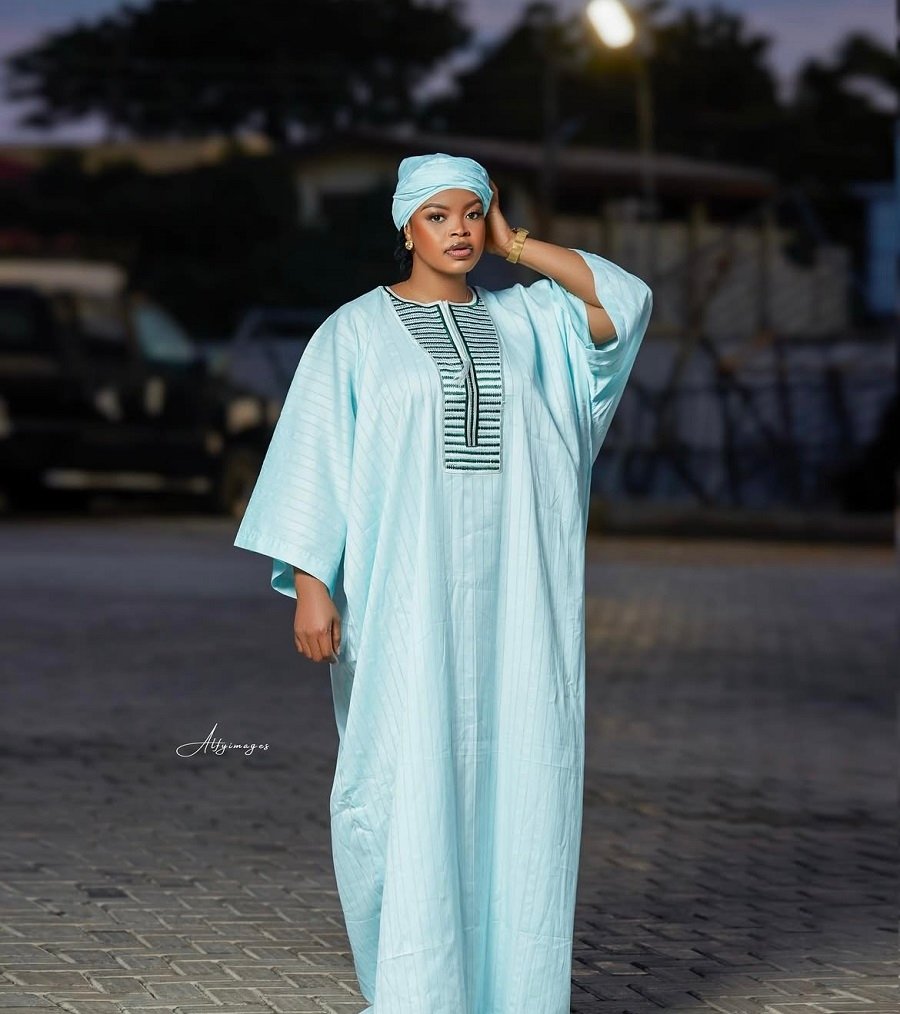
At Baby Last Closet in Sakasaka, another fashion outlet, prices for women’s outfits range from GH₵350 to GH₵1,300, while men’s attire goes from GH₵250 to GH₵1,000.
“Some customers complain about the cost, but because it’s Ramadan, many still go ahead and buy,” said the shop owner.
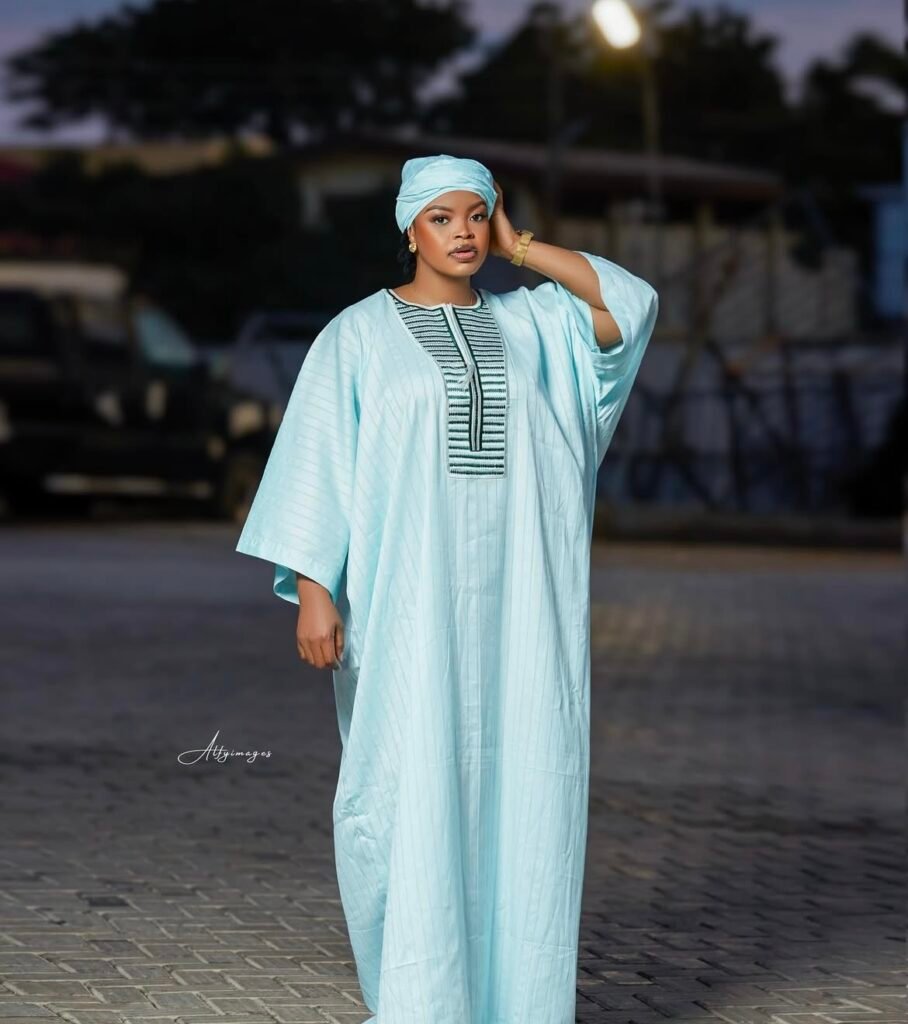
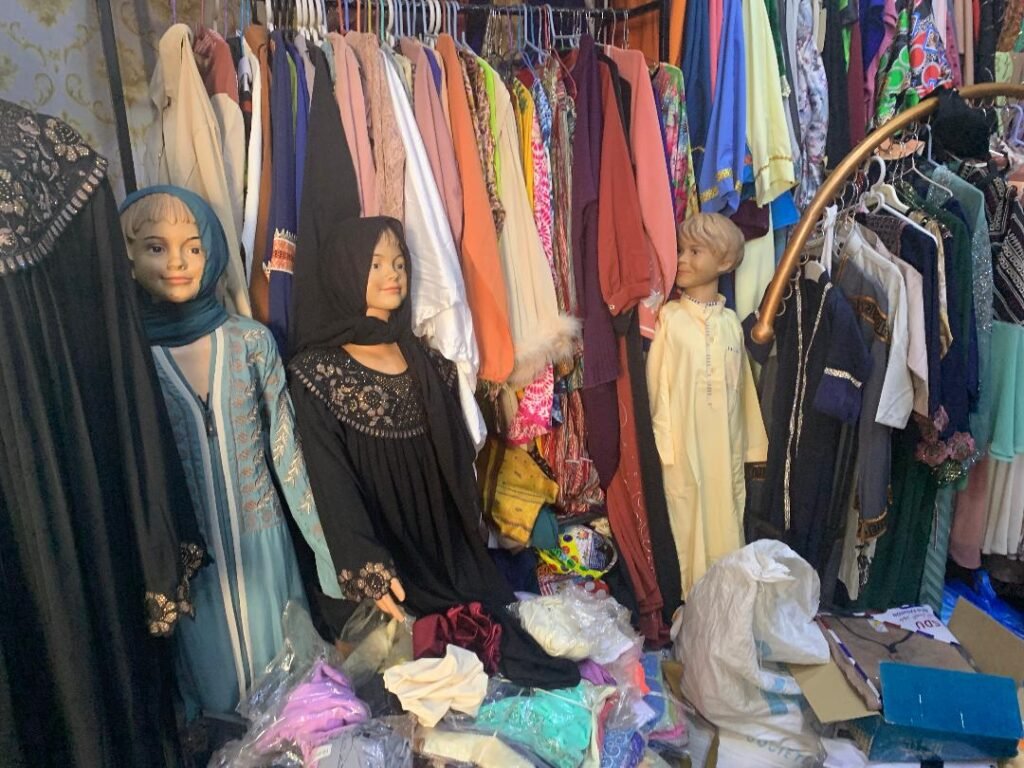
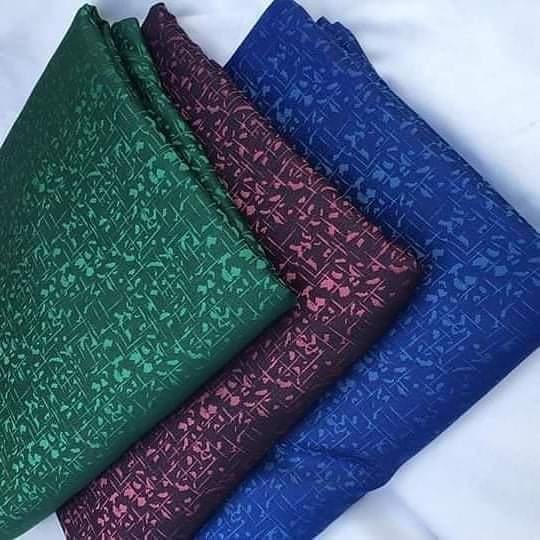
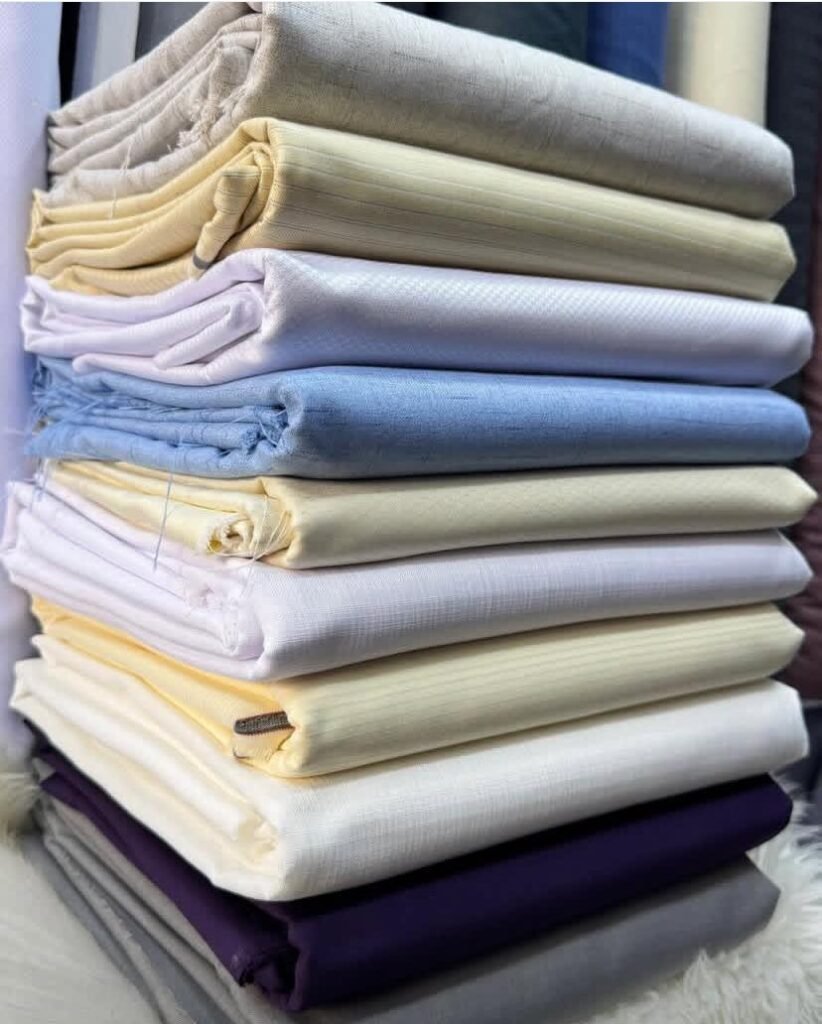

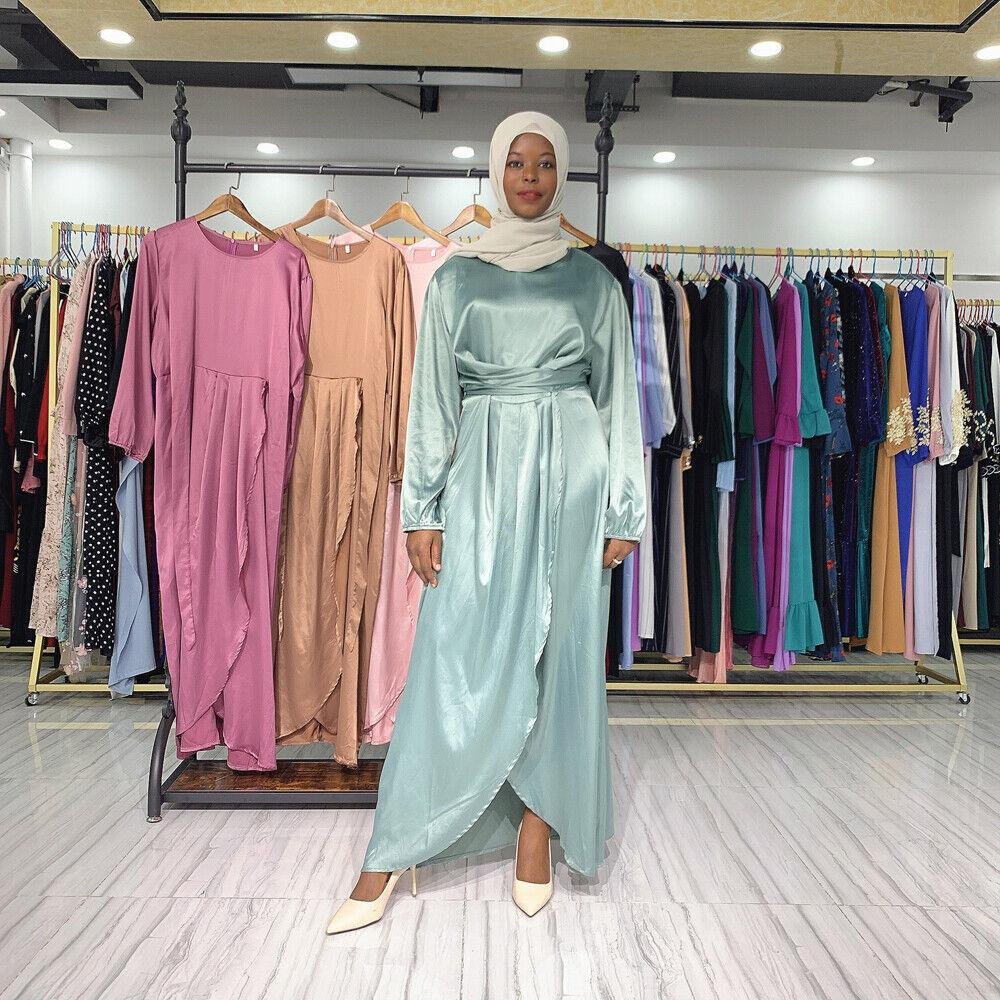
Similarly, Mandy’s Haven at Zogbeli sells exclusively for Eid celebrations, dealing in high-end Abayas, Jalabiyas, and Kaftan materials. Prices there reflect quality and origin, with female attire ranging from GH₵450 to GH₵5,000, and kaftan fabric sold at GH₵200 per yard.
For many, including resident Iddrisu Suale, the holy month remains a sacred period despite the economic pressures. “Things are expensive this year, but I still want to make the day special for my children. I plan to get them Abayas and Jalabiyas from Egypt,” he indicated.
Despite the bustling nature of preparation and the high cost of goods, resident expressed optimism of having a good time in observing the deep spiritual significance of the occasion.
Story & photos by Paul Dery











